from Materials Science & Engineering Department
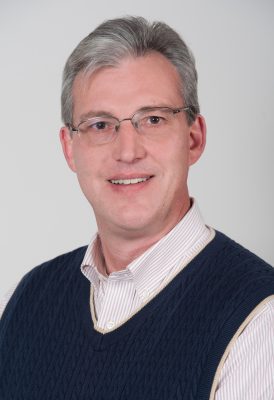
Materials Science and Engineering Department (MSE) Head Dr. Bryan Huey congratulated MSE colleague, Dr. George A. Rossetti, Jr., who’s retirement began on August 5, 2025.
Dr. Huey, in announcing Rossetti’s retirement, noted that he is “personally very grateful to George for his friendship, support, intellectual discussions, and advocacy for student opportunities and success.”
George is a renowned expert in electroceramics, with a particular focus on correlations between structure and functional properties and more than 6000 citations throughout his illustrious career. His lab’s specialties include dielectric and piezoelectric measurements, calorimetry, x-ray diffraction, thermodynamic modeling, structural phase transformations, and microstructural evolution. Among other accolades, George’s work was highlighted on the cover of several journals, won the Edward C Henry award for best paper from the American Ceramics Society’s Electronics Division, and earned him a plenary lecture at a US-Japan Piezoelectrics and Dielectrics conference. My own work overlaps with that community, and colleagues regularly talk about that presentation for its deep insights along with his dry humor.
Rossetti earned a Ph.D. in Solid State Science from The Pennsylvania State University, working with Eric Cross. He was a post-doctoral fellow at Princeton University, and then conducted ceramics research in industry for more than a decade. In 2006 Rossetti joined UConn, first in the IMS and soon after as an MSE faculty member.
George has been serving as MSE’s Associate Department Head, and Director of Professional Education, for more than 5 years. He was previously the Director of Graduate Studies as well. Among other courses, for more than a decade George taught two of our most important graduate classes—Structures, and Transport. He has thus helped launch hundreds of students in their careers as materials scientists and engineers, while dutifully serving them and the rest of the department with his topical expertise, careful attention to detail, and industry focus.
“Although he will remain active with UConn as a scholar, he will be missed by the Materials Science & Engineering Department, the Institute of Materials Science, and the College of Engineering,” Huey added.
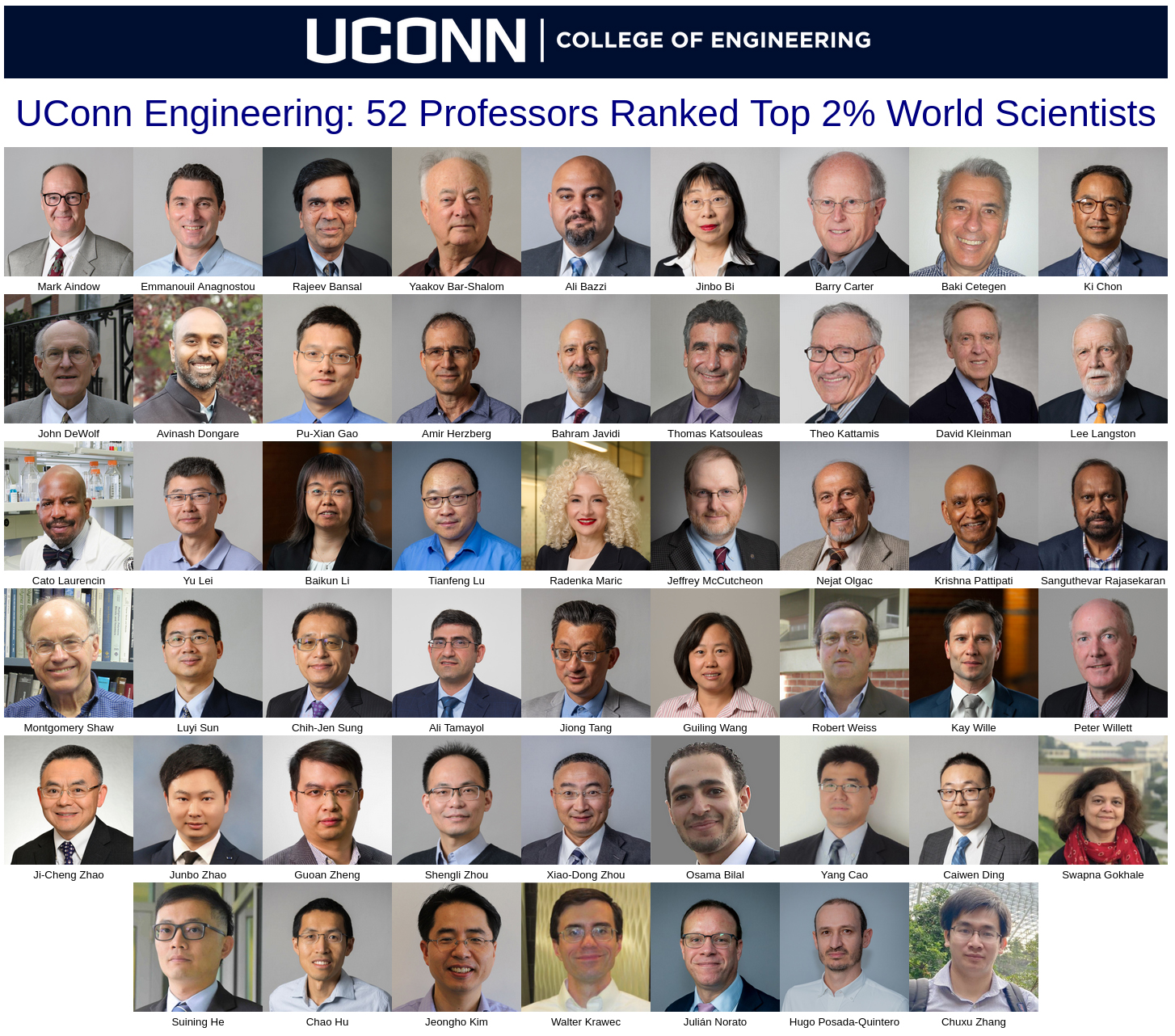
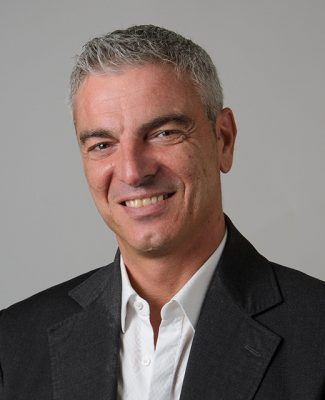
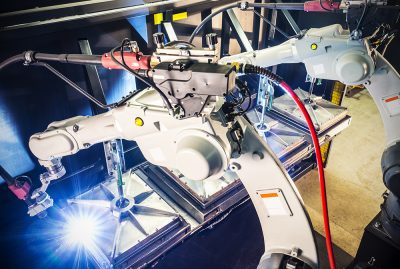
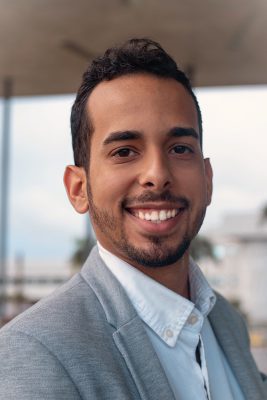
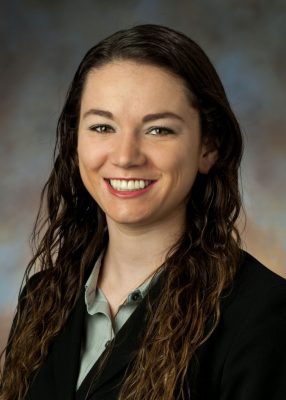 Kerry Lynn Davis-Amendola beautifully shares her experience as a current Ph.D. student in the
Kerry Lynn Davis-Amendola beautifully shares her experience as a current Ph.D. student in the 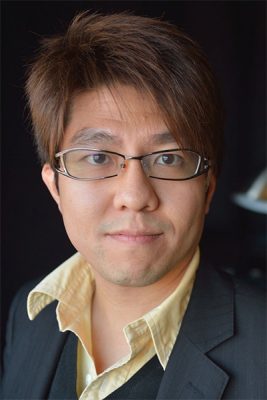
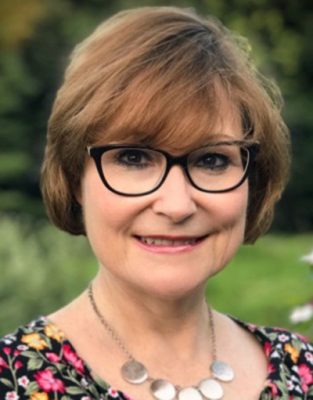
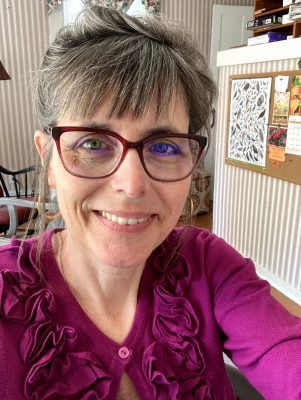
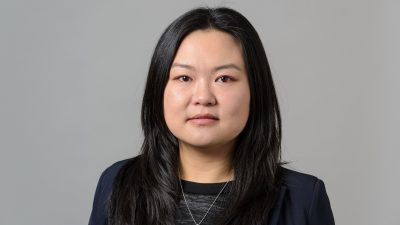
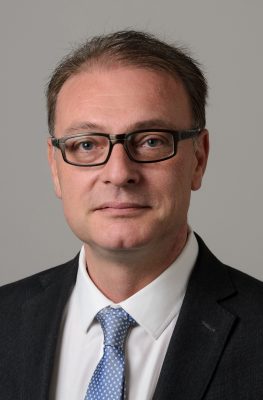 In a recent letter to the UConn community, UConn Interim President Radenka Maric announced the appointment of S. Pamir Alpay as interim Vice President of Research, Innovation, and Entrepreneurship. Pamir, a Board of Trustees Distinguished Professor, currently serves as Executive Director of the UConn Innovation Partnership Building (IPB).
In a recent letter to the UConn community, UConn Interim President Radenka Maric announced the appointment of S. Pamir Alpay as interim Vice President of Research, Innovation, and Entrepreneurship. Pamir, a Board of Trustees Distinguished Professor, currently serves as Executive Director of the UConn Innovation Partnership Building (IPB).